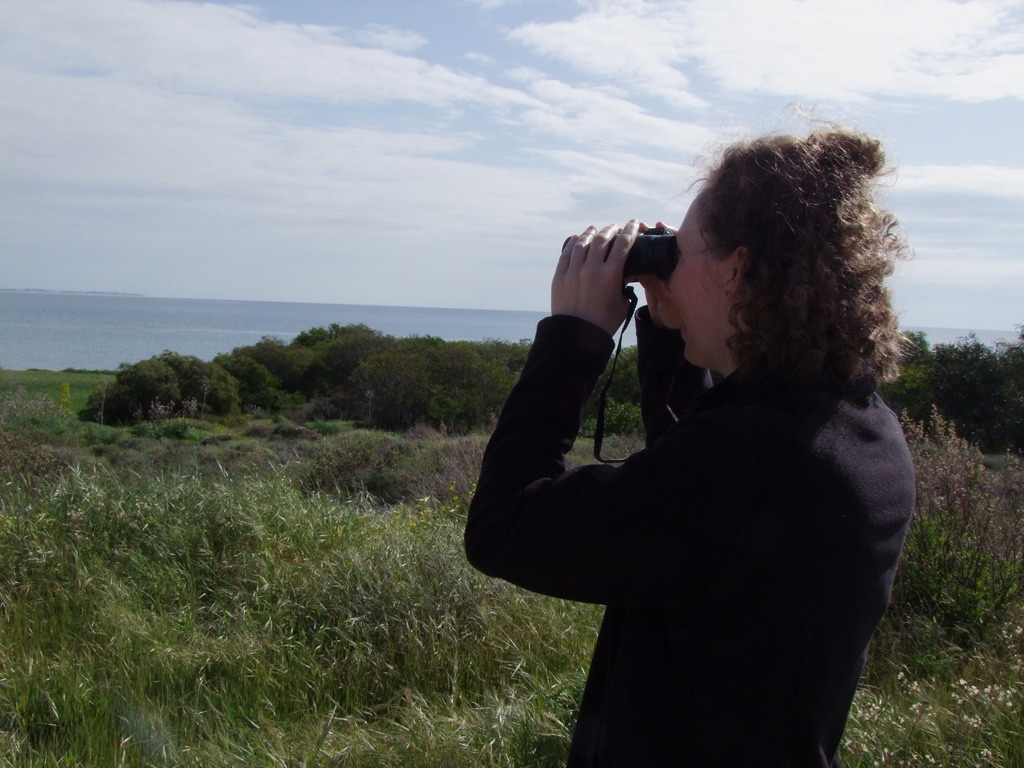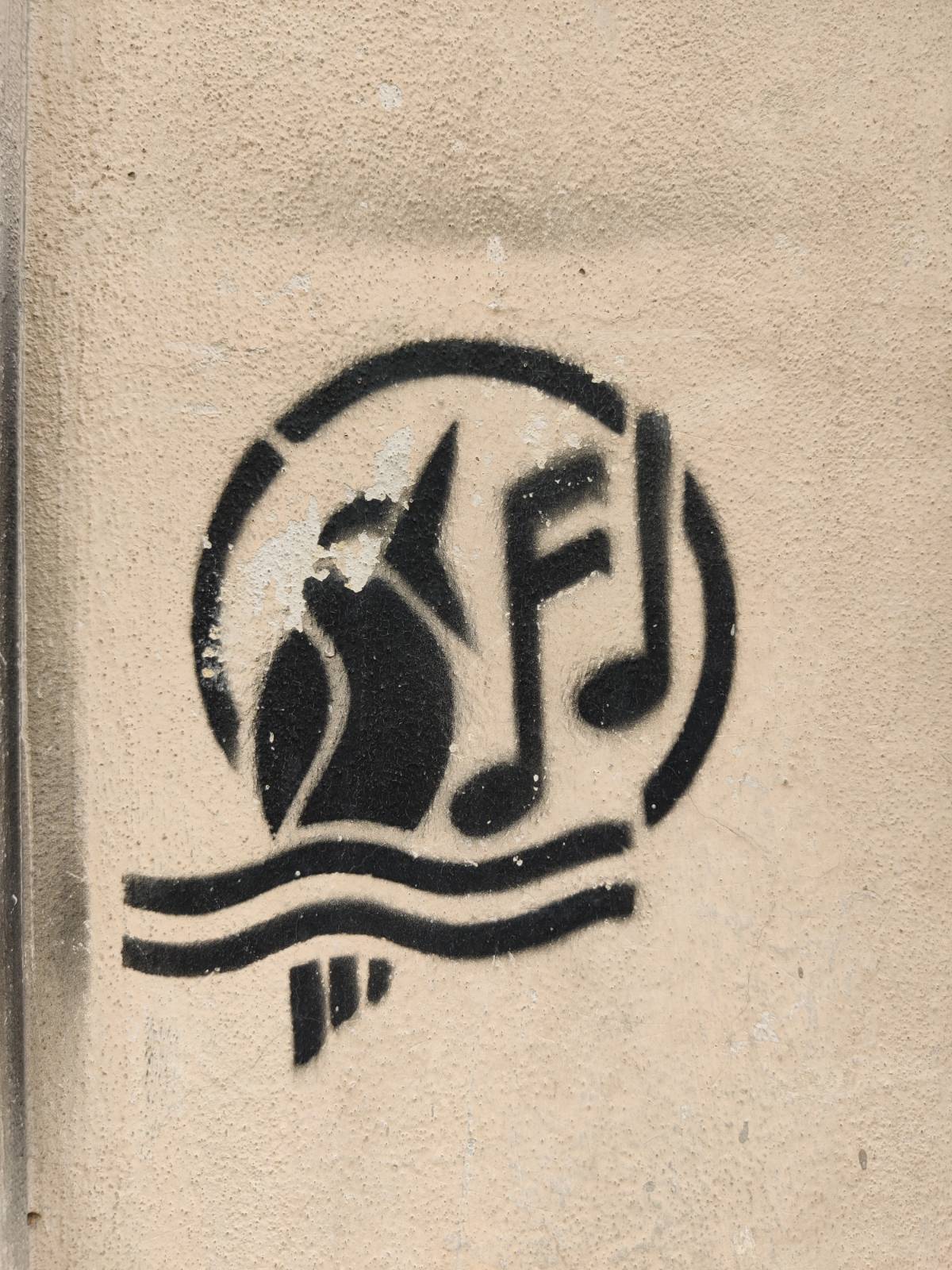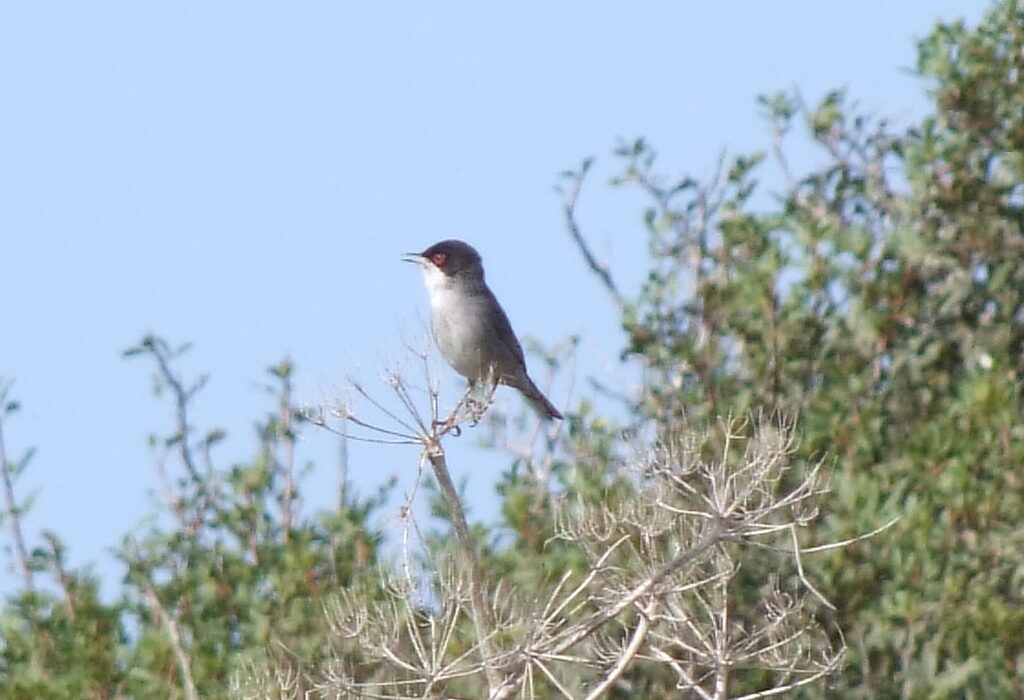Dr Teresa Lappe-Osthege and Prof Rosaleen Duffy have just published a new paper on bird crime and the governance of flyways, using the example of the Convention on Migratory Species (CMS) and animal cultures. The paper, entitled ‘International Relations and the non-human: Exploring animal culture for global environmental governance’ is out now in Review of International Studies.
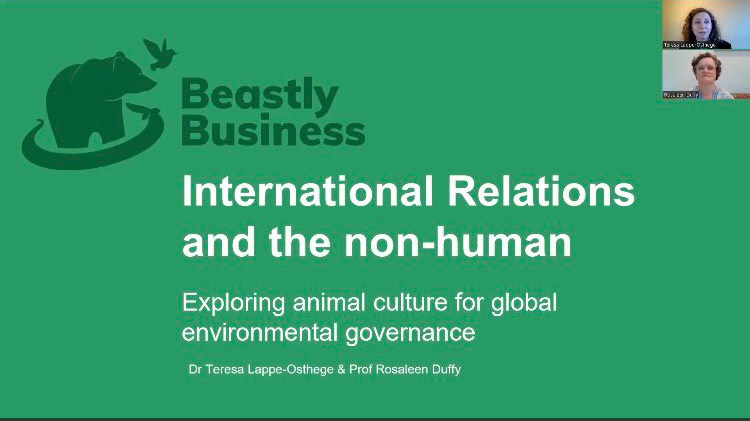
The paper brings together political ecology and International Relations to develop new ways of thinking about global environmental governance. The paper focuses on how centring animals and understanding animal cultures can move forward debates on political ecology, international relations and animal studies. It draws on fieldwork in Italy and Cyprus, focused especially around understanding the dynamics of bird crime on the flyways.
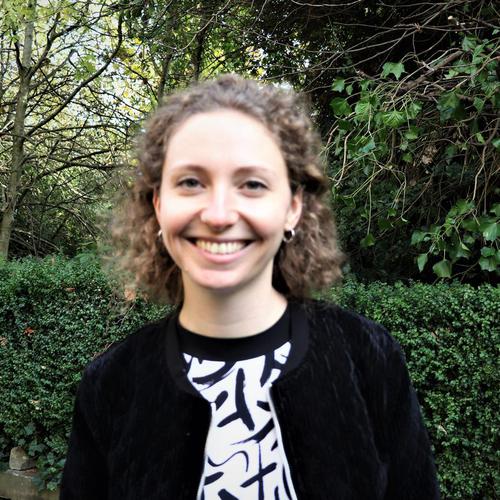

Video Abstract
You can watch the video abstract here in which Teresa and Rosaleen explain the key arguments and findings in the paper.
Paper Abstract
There is a paradox in global environmental governance that policymaking must ‘follow the science’ whilst environmental change is itself characterised by scientific uncertainty. This paper addresses this paradox by embracing that uncertainty. We bring International Relations (IR) into conversation with animal studies to further develop conceptual debates on integrating non-human actors. We focus on avian cultures to understand the nexus between bird crime, flyways and global environmental governance. We analyse how bird migrations along flyways disrupt mainstream systems of knowledge production that global conventions rely on. Zooming in on bird crime along flyways, we demonstrate that crime relies on offenders’ understanding of avian cultures. We synthesise those findings with an analysis of the Convention on Migratory Species, as the only global convention that integrates animal cultures to develop more effective responses to wildlife crime. Our analysis demonstrates that international conservation overlooks the exploitation of avian culture for criminal activity, rendering policy responses less effective, particularly in contexts of scientific uncertainty. Integrating animal cultures can address scientific uncertainty and promote multispecies learning, creating more effective forms of global environmental governance. Ultimately, this renders the non-human visible and makes it possible to explore the implications for multispecies entanglements in IR.
Read the full open access paper Lappe-Osthege, T. and R. Duffy (2024) ‘International Relations and the non-human: Exploring animal culture for global environmental governance’ Review of International Studies
